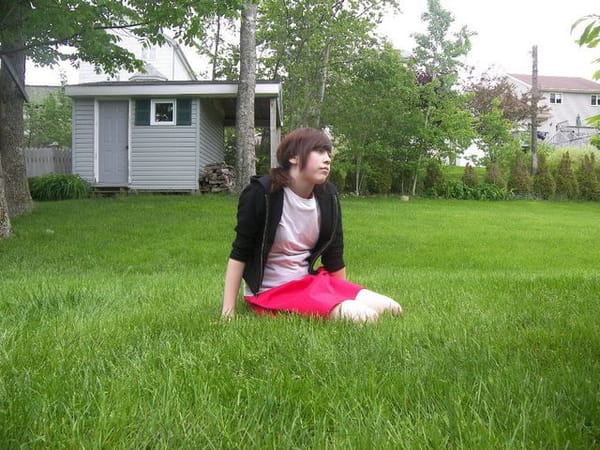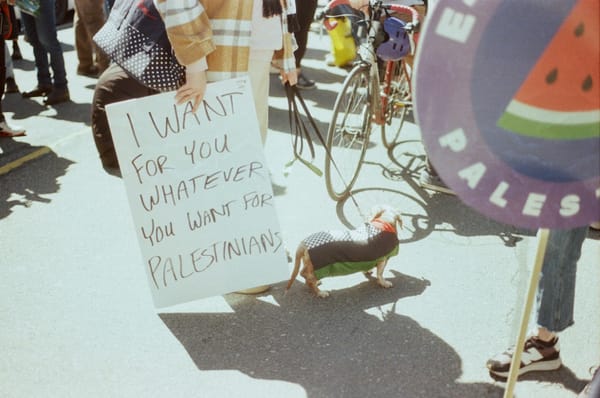Long Covid in Drag
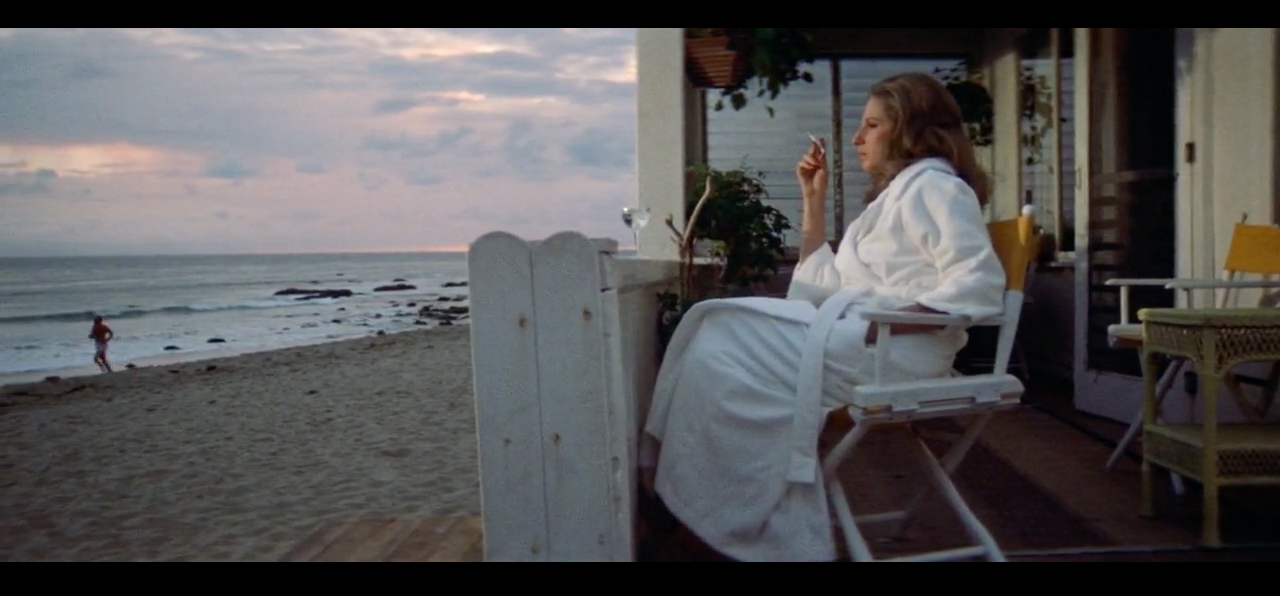
Hi friend, long time no talk. I've been stressed! I've been exhausted by the heat waves! But I'm back to share another piece of writing from school.
For my Queer Theories course last semester at OCAD, I had to write about a moment in pop culture of my choice. I chose season 2 episode one of RuPaul's Drag Race: UK vs. the World, where Mayhem Miller briefly discusses her experience with Long Covid. Below is my essay. If you read it, thank you! If you liked it, please share with a pal. xoxoxoxoxoxoxoxoxox
Long Covid on Drag Race: An Analysis on Invisible Disability
The second season of RuPaul's Drag Race: UK vs. the World premiered on BBC Three on February 9th 2024. For this particular spinoff from Rupaul’s Drag Race, contestants were competing for £50,000 against a diverse cast of drag queens from countries such as Germany and Australia. In the first episode, we’re introduced to the cast and watch them prepare for the upcoming talent show. American queen Mayhem Miller, legally known as Dequan Johnson, was seated next to Australian drag queen Hannah Conda (legal name Chris Collins). While getting ready, Johnson opens up to Collins about his usual performance routine shifting due to his new disability. “I know people have the expectation of thinking [about] what I might do,” Johnson shares, “but I’m like, kind of limited of what I can do physically right now. I got Long Covid.” Just by uttering those last two words, Johnson created a pivotal moment for Long Covid visibility in pop culture as well as in Queer, Disabled and Black American communities.
In a study published August 2024, Long Covid is defined as such: “Long Covid represents the … long-term health effects caused by SARS-CoV-2 infection; it is a complex, multisystem disorder that can … be severely disabling. The cumulative global incidence of Long Covid is around 400 million individuals…” Clearly, Johnson is not alone in his diagnosis, but he is one of the first people to talk about his own experience with Long Covid on a national TV show with a global audience. At the time I write this, Covid has rarely been mentioned on mainstream TV since early 2022, while Long Covid is barely ever mentioned in most forms of media at all. Due to a dangerous combination of capitalism’s ableist principles, collective trauma and an increased societal apathy, Covid, and subsequent consequences of it such as Long Covid, was quickly pushed out of any public conversation and media representation, and with it any reasonable precautions to keep Disabled people safe from the disease as well. Once mask mandates were removed, the government and public quietly abandoned their Disabled community members, along with any further conversations on the matter. In turn, Covid exacerbated and increased an already prevalent and global crisis of the exclusion and silencing of Disabled people.
Long Covid has joined a long list of illnesses that render people disabled in a less “obvious” or telling way, ie. an “invisible illness”. Folks that have been suffering from Fibromyalgia, Myalgic Encephalomyelitis (M.E) and Postural Orthostatic Tachycardia Syndrome (P.O.T.S) have been ringing the alarm for decades about how medical professionals often don’t believe their symptoms are “real” - a consequence of decades of invalidating chronically ill people by lack of individual and institutional knowledge. Having your disability and lived reality doubted and discredited is extremely dangerous for those suffering from invisible illnesses, and has very often led to many avoidable deaths. Long Covid being so new, complex and largely misunderstood, as well as having so much in common with other invisible diseases makes it so that those suffering from Long Covid are routinely denied support and largely ignored and challenged by doctors, nurses and even by family members and peers.
The current culture still correlates disability with solely physical (ie.visible) disabilities, such as folks who use a wheelchair or other mobility devices. Therefore it’s much more difficult for the average able-bodied person to understand and empathize with, isolating those with “invisible” disabilities even further from connections and most importantly, the support they very desperately need and deserve. It is vital that stories of those suffering are amplified to the general public to push against the cruel and purposeful disappearance of disabled folks from the public sphere. Not only are these folks disappeared by their disease by way of being home or bedbound, but the media completely excludes and ignores them.
Queer folks have long been disappeared from the public eye and media in an effort to “other” them from the societal norm decided on by colonial and governmental powers. For Black and Queer folks in America who are already at risk for police and/or medical violence, disability only increases those risks. Alison Kafer writes of poet and writer Leah Lakshmi Piepzna-Samarasinha and her complex relationship with her identity, “Deeply aware that her brown skin, immigrant status, alienation from neoliberal productivity, and queer femme presentation all render a determination of mental illness more dangerous, she illustrates how claiming crip is more possible for some than others.” In a world where disability and queerness is blatantly and deliberately suppressed, especially in Black communities, Johnson’s ability to share his experiences with disability on national television is nothing short of profound. The conversation lasted less than a minute but I imagine its ripple effects will show up for years to come.
Mayhem Miller, who began performing in 2002, gained recognition through his stage presence, “dramatic” eyes and lip syncing to empowering and high energy music and spoken word. For the first episode’s talent show, Miller chose to do a guided meditation and sound bath performance that he intended to infuse with humour. Not long into the performance Miller begins to break character by giggling unexpectedly. After some silence, Miller, defeated, says “Aw, fuck!” Fellow contestant and drag queen Tia Kofi (legal name Lawrence Bolton) shares in their confessional during the scene: “She’s forgotten her words, which could be any words, ‘cause we don’t know what the words are meant to be. So just say some words! Literally any word!” Miller says a few more lines and ends on a strange note after a fairly short performance, leaving the judges panel thoroughly confused.
For those who understand ways Long Covid can present itself, the behaviour Johnson showed during the performance made a lot of sense. One of the most common symptoms of Long Covid is known as brain fog. In a Yale Medicine article, Kathy Katella writes “Brain fog isn’t an official medical diagnosis; rather, it’s a colloquial term for a range of significant, persistent neurocognitive impairments that cause such symptoms as sluggish thinking, difficulty processing information, forgetfulness, and an inability to focus, pay attention, or concentrate.” Given the likelihood, it seems fair to guess that Miller’s performance was disrupted by his disability and that he likely forgot the jokes he had planned on sharing. It’s a fairly difficult scene to watch, especially directly after the heartwarming scene where Johnson was opening up to Collins. Here we’re dealt two very different ways of being visibly disabled and see two very different reactions from those instances. Collins approached the conversation with Miller with curiosity and compassion, where Bolton, perhaps unintentionally, made light of the moment (which the incidental music was also affirming) in their confessional, clearly frustrated and befuddled at what was happening.
Either way we digest these two scenes, the episode is still a landmark moment for not only Queer Disabled pop culture history, but for Black Queer Disabled communities as well. It’s important as well to note that the show had queens from seven diverse countries all over the world, allowing for a much larger audience than normal and making Johnson’s story that much more impactful. Long Covid is so prevalent worldwide but is still being largely and dangerously ignored, along with the people suffering from it. Any cultural moment such as this small scene where that standard is being disrupted is incredibly important. By way of awareness, the potential for education and significant changes within the disabled community can expand well beyond what we see today.
In the beginning of the crisis, early AIDS activists focussed on awareness as a gateway to education. It took a multitude of ways in communication to fight against the misinformation and misconceptions of AIDS for there to be change. Albeit slow-moving, the changes eventually offered more consistent support to communities affected, and eventually, a cure to the disease. There are a multitude of similarities between AIDS and Long Covid such as initial virus infection and the shared damage to the vital T-cells that protect our immune system. Although there is a lot to be reckoned with when we talk about “awareness” and “visibility”, seeing as they’re the tip of the proverbial disability iceberg, they are often necessary first steps in creating lasting change. Visibility doesn’t solve problems, but it can incentivize change by way of individual research and allowing space for stories to be told. We’re able to learn so much when people are open about their experiences, making the act of listening vital to real progress.
Given the current reality we’re in where accessibility has been extremely politicized, I believe Johnson unintentionally disrupted that reality while sharing his truth. Putting a tangible “face” to Long Covid and strangely, having his performance regarded as potential “evidence” to his disease can be extremely validating for other disabled folks who suffer from an invisible disease. After the release of the episode, Johnson shared to his instagram a response in his post’s caption: “I’ve received soooo many messages regarding me sharing my experience with long covid and the limitations it’s had on my life. I just wanted to take this time to say thank you. I’m sending love and light to all of you who have shared their stories with me. I love you all”. With all the good this episode brings in terms of progress for the Disabled community, one of the more treasured impacts is giving people the opportunity to feel less alone and more connected to others and the community as a whole. Mayhem Miller, or Daquan Johnson, truly made history by telling his story. Hopefully this small piece of progress in pop culture has cracked open the door enough to make way for others with Long Covid to also be heard, believed and seen.
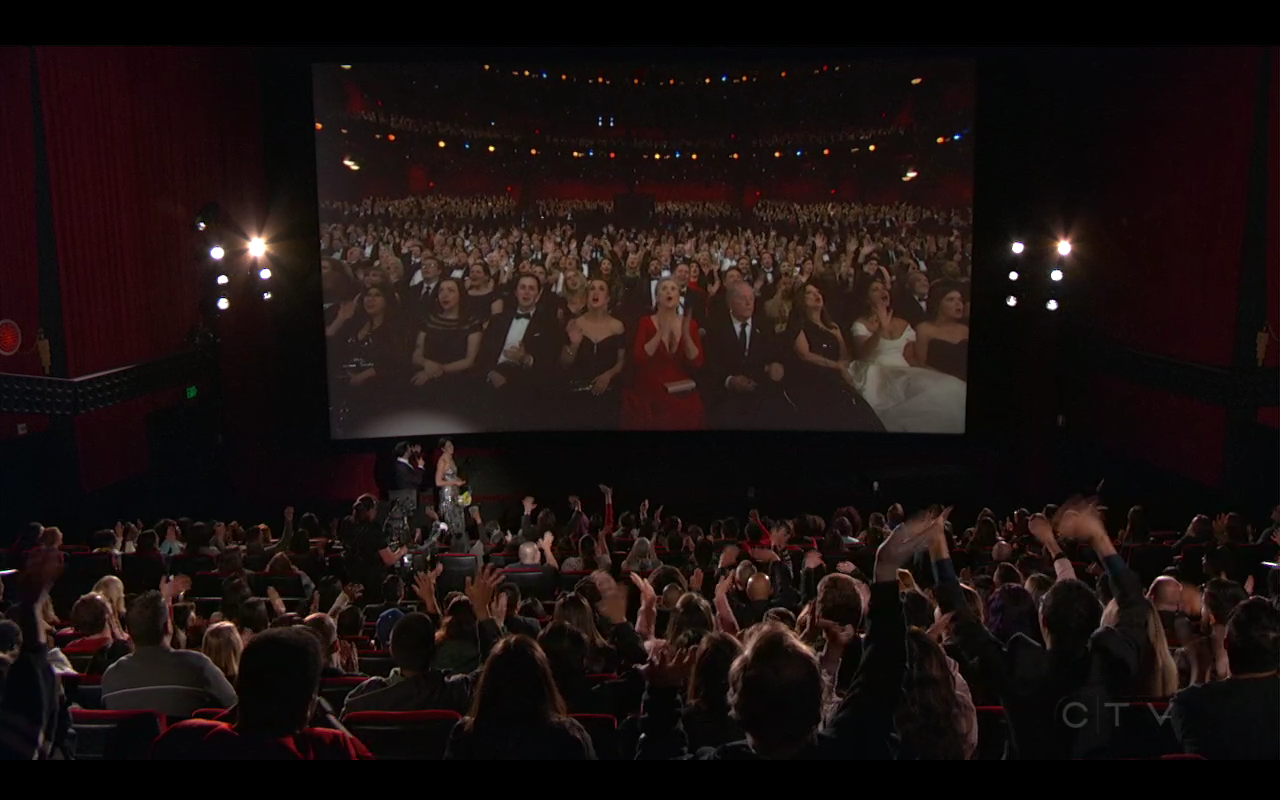
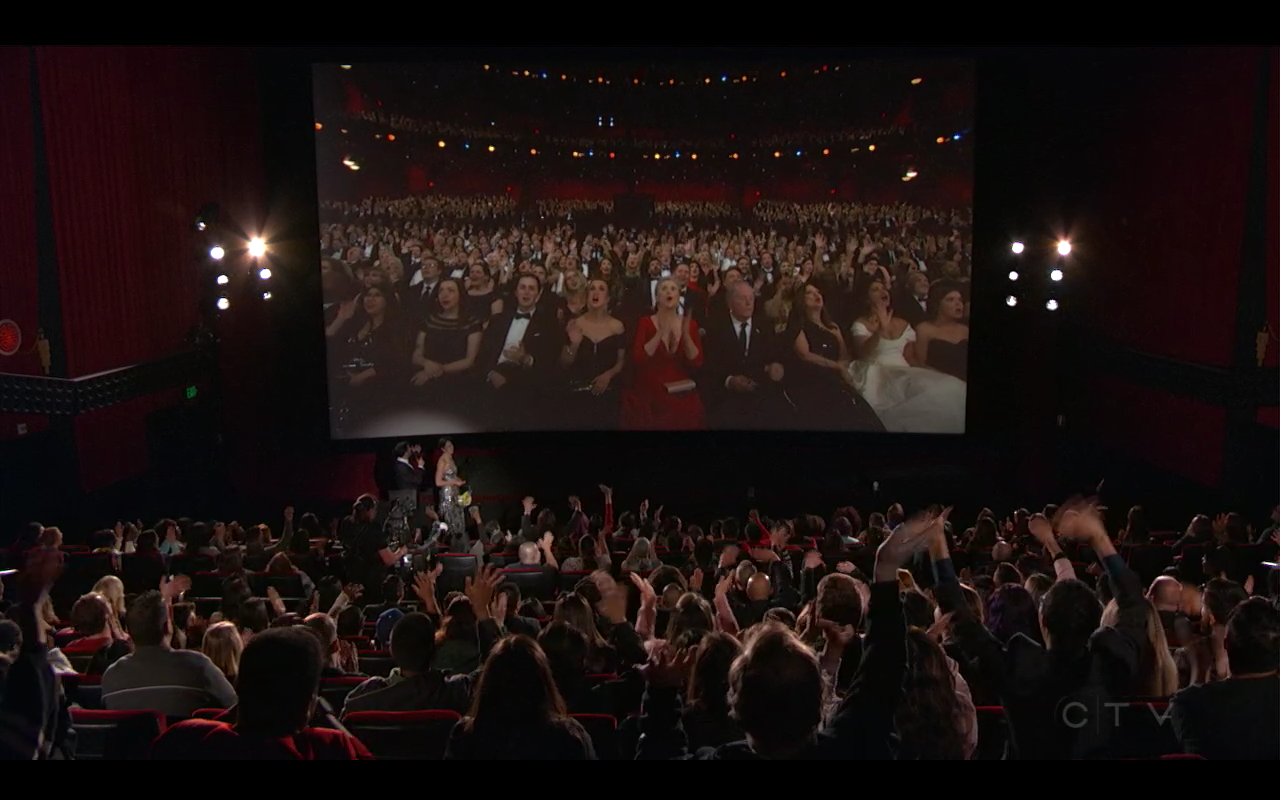
palestine forever,
al




